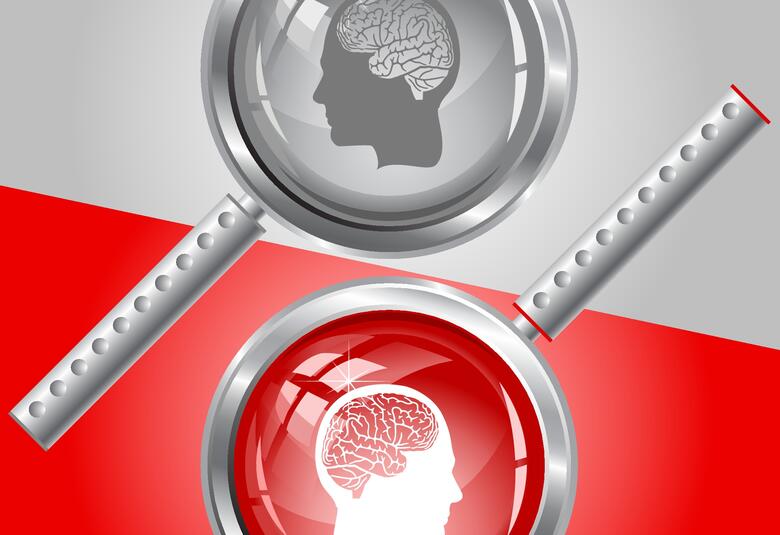Greater clinical benefit for patients and gains in cost-effectiveness for society -- both can be achieved by earlier intervention, closer co-ordination of multidisciplinary care, and disseminating best practices in treatment.
The Value of Treatment initiative is explored in an in-depth feature published on the Lundbeck Institute Campus.
Early detection and prompt intervention are regarded as the starting point in the European Brain Council’s (EBC) June 2017 report on maximizing the value of treatment of brain disorders.
Fundamental to improved treatment is the planning of coordinated, multidisciplinary, patient-centered care coupled with education and empowerment to encourage adherence and compliance.
Among the policy recommendations made by the EBC are the need to assess the impact of brain diseases on the outcome of other medical conditions, health systems evaluation so that effective interventions can be identified and then replicated in similar settings, and the establishment of common research platforms to share data.
Health is wealth: In Europe, the direct and indirect costs of brain disorders exceed 800 billion euros each year – more than Cardiovascular Diseases, cancer and diabetes combined
Giving the brain its due
The EBC recognizes the burden these diseases pose on affected individuals, their families, friends and carers – but also on society at large. In Europe, the annual direct and indirect costs of brain disorders exceed 800 billion Euros – more than cardiovascular disease , cancer and diabetes combined. Yet our total research expenditure on brain disorders is smaller than the expenditure on each of these disease areas.
As we deal more effectively with cardiovascular diseases and even with cancer, brain diseases come to the fore. Society has not yet caught up with this fact, says Professor David Nutt, chair of the EBC.
We have to educate people that a healthy brain is critical to a healthy body.
Follow this link for an in-depth feature on the EBC’s assessment of the potential impact of disease-modifying agents for Alzheimer’s Disease, improved treatments and better adherence with therapy in Parkinson’s Disease, and early, comprehensive intervention in people at-risk of developing schizophrenia or experiencing first episode psychosis.



